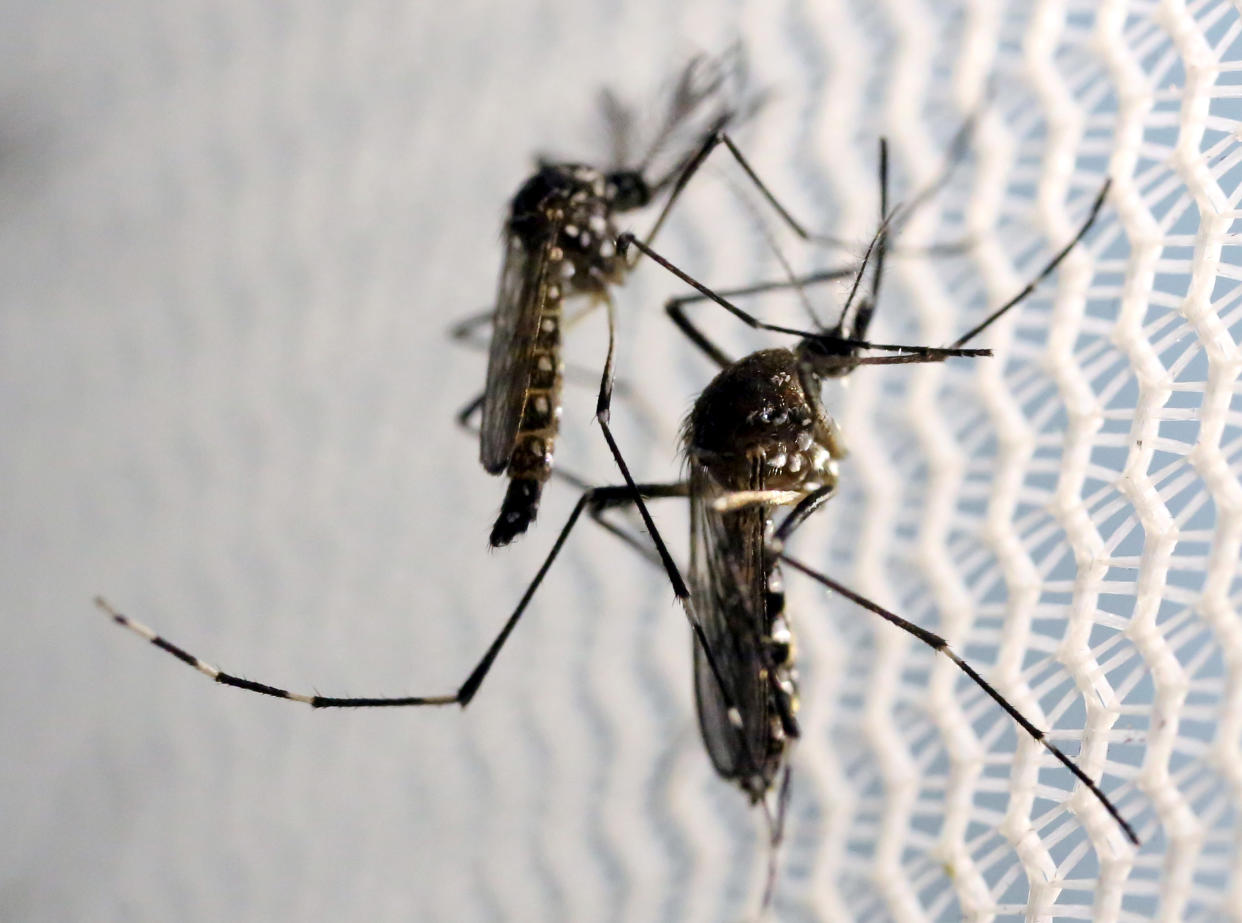Dengue cases in Singapore rose by almost 20 per cent in 2018

The number of dengue cases reported in 2018 rose by almost 20 per cent compared with 2017, said the National Environment Agency (NEA) in a media release on Wednesday (9 January).
While the 3,285 cases reported last year was still lower than the number of cases reported in the earlier outbreak years such as 2013 (22,170 cases) and 2014 (18,326), NEA noted that it has been increasing since the end of 2018, with 207 cases recorded in the first week of 2019.

A contributing factor and a key concern is the higher Aedes aegypti mosquito population detected in the community. NEA’s Gravitrap surveillance system has detected about 40 per cent more Aedes aegypti mosquitoes in December 2018, compared with that in December 2017.
Checks uncovered about 18,000 breeding habitats
Although there is no signal for a major outbreak, the high Aedes aegypti mosquito population may lead to a surge in dengue cases this year if left unchecked. NEA has urged the public and stakeholders to stay vigilant, and work together as a community to stem dengue transmission. These efforts will also contribute towards preventing the transmission of Zika and Chikungunya viruses.
Last year, it conducted about 1 million inspections for mosquito breeding, including about 9,000 checks at construction sites, and uncovered about 18,000 mosquito breeding habitats. About 4,100 households were fined for mosquito breeding last year as of November 2018. About 500 Notices to Attend Court and 40 Stop Work Orders were also issued to construction sites, with 25 court prosecutions were also made against contractors for repeat offences.
Together with the members of the Inter-Agency Dengue Task Force, as well as all town councils, NEA will continue its efforts to remove potential mosquito breeding habitats from public areas and housing estates.
Steps to remove stagnant water
As the Chinese New Year festive season approaches, homes and other premises are typically decorated with more ornamental plants. To pre-empt dengue, NEA has urged the public to practise the following steps to remove stagnant water:
Turn the pail
Tip the vase
Flip the flowerpot plate
Loosen the hardened soil
Clear the roof gutter and place insecticide inside
Homeowners doing spring cleaning are also reminded to properly dispose of any refuse, including large furniture or household items, to prevent them from becoming unintentional mosquito breeding habitats.
Those planning to go overseas for vacation during the upcoming festive period should also mosquito-proof their homes before they travel. Residents can keep their neighbourhoods safe from dengue by taking the following mosquito prevention measures:
Cover all toilet bowls in the home
Seal the overflow pipe of the flushing cistern
Cover and seal all floor traps
Add sand granular insecticide to areas where stagnant water cannot be easily removed
Clear blockages and place insecticide in roof gutters
Turn over all water storage containers and wipe the rims dry
Ask a relative or close friend to check the home regularly for stagnant water if you are going away for a long period of time
Leave your contact details with your neighbours or the neighbourhood police post/centre so that you can be easily contacted
Those infected with dengue should protect themselves from mosquito bites by applying repellent regularly, and those showing symptoms suggestive of dengue should see doctors early to be diagnosed. The latest updates on the dengue situation can be found on NEA’s website, the Stop Dengue Now Facebook page, or the myENV app.
Other Singapore stories:
SMU student arrested over alleged sexual assault on campus
‘Missing’ Shetland Sheepdog Prince died while boarded at Platinium Dogs Club and cremated: AVA
Important for Singapore, Malaysia to find win-win solutions: Heng Swee Keat



